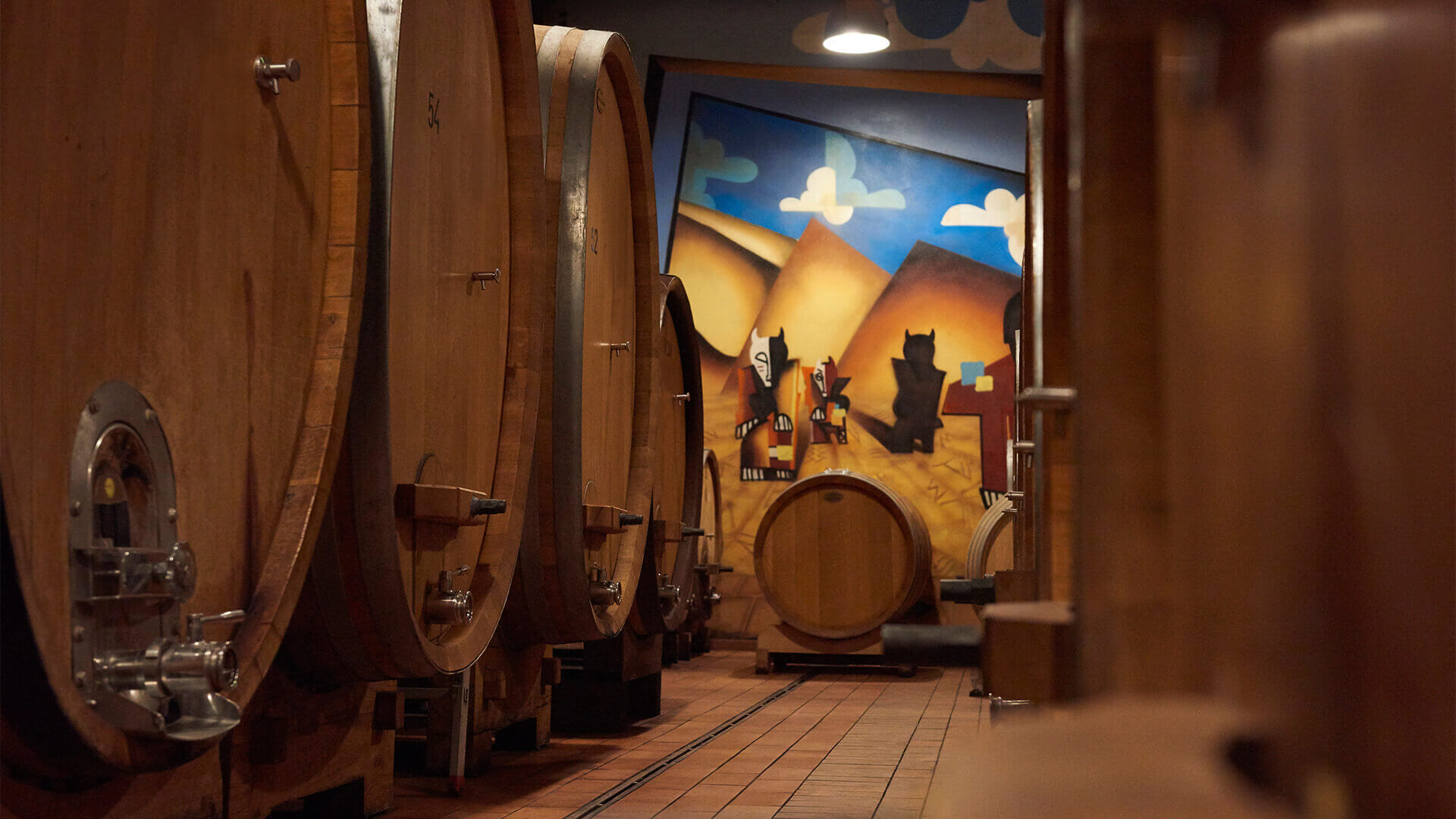Projects and stories
Each project holds inside a story of rescue and protection to the safeguard of the land we love.

Guardians of nature
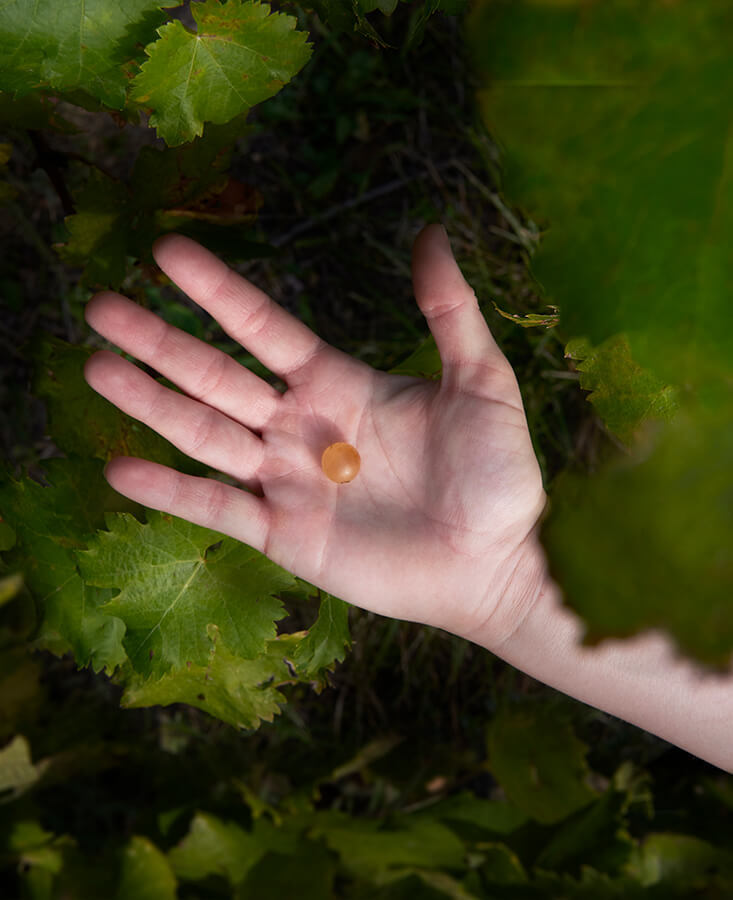
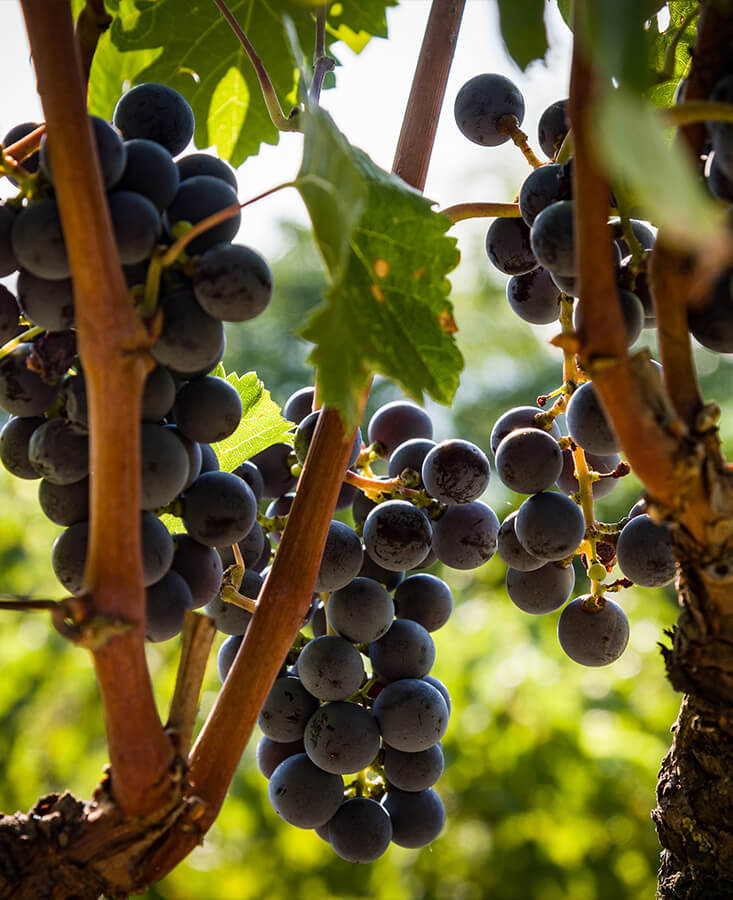

- 1.
The local "vegro" and its viticulture
Can the euganean "vegri" and viticulture coexist in a mutually supportive balance?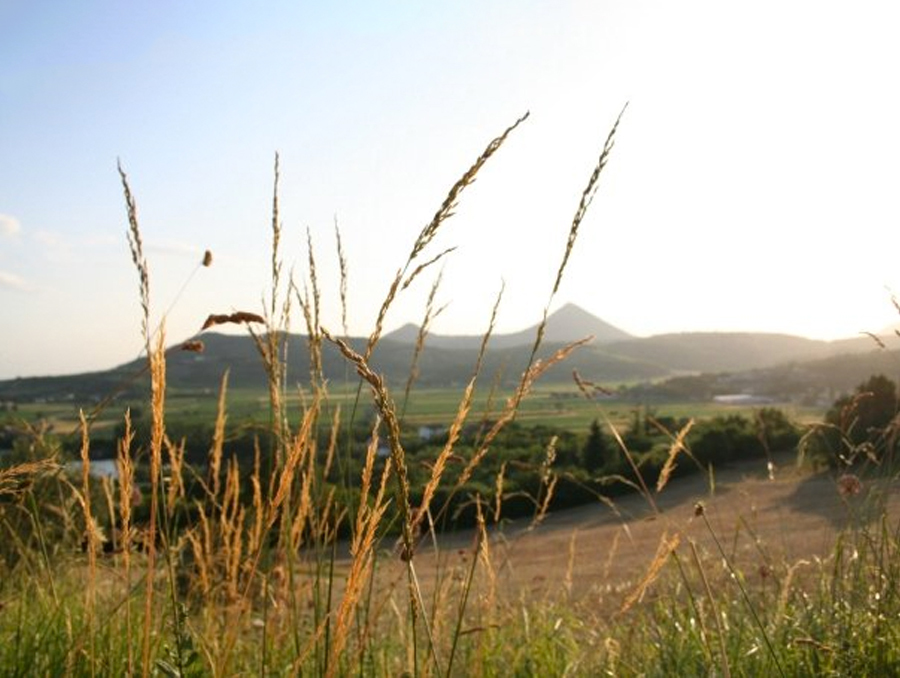 Can the euganean "vegri" and viticulture coexist in a mutually supportive balance?
Can the euganean "vegri" and viticulture coexist in a mutually supportive balance?
The socalled "Vegri" are dry meadows in calcareous, warm and dry areas of the Euganean Hills. They are rich in biodiversity, but must be managed conservatively in order not to turn into forest. We have started an experimental project of vegro-viticulture coexistence, with the objective of defining an extensive cultivation protocol that allows the needs and expenses of vegro conservation to be met through a small production of quality grapes, in a mutually supportive balance.
- 2.
Nero Musqué
Saving a Black Muscat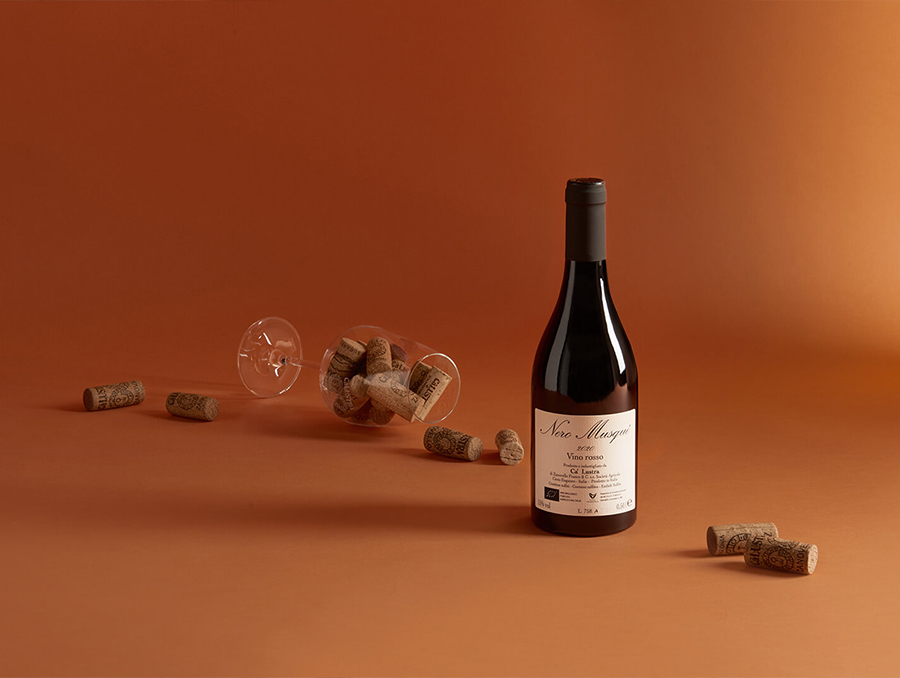 Saving a Black Muscat
Saving a Black Muscat
In the early 2000s, an old vineyard of Moscato Nero, a variety that had now disappeared in the Euganean Hills, was uprooted. We saved a handful of buds and found them a new home in Sicily, as part of a Moscato recovery project in collaboration with the University of Palermo and IRVOS. The Nero Musqué, a late harvest Moscato delle Rose, was first sold in Ca' Lustra in 2009 and since then has never ceased to fascinate with its sweetness and complex aromaticity.
- 3.
The recovery of old Euganean varieties
Forgotten grape varieties can become agronomic solutions in the present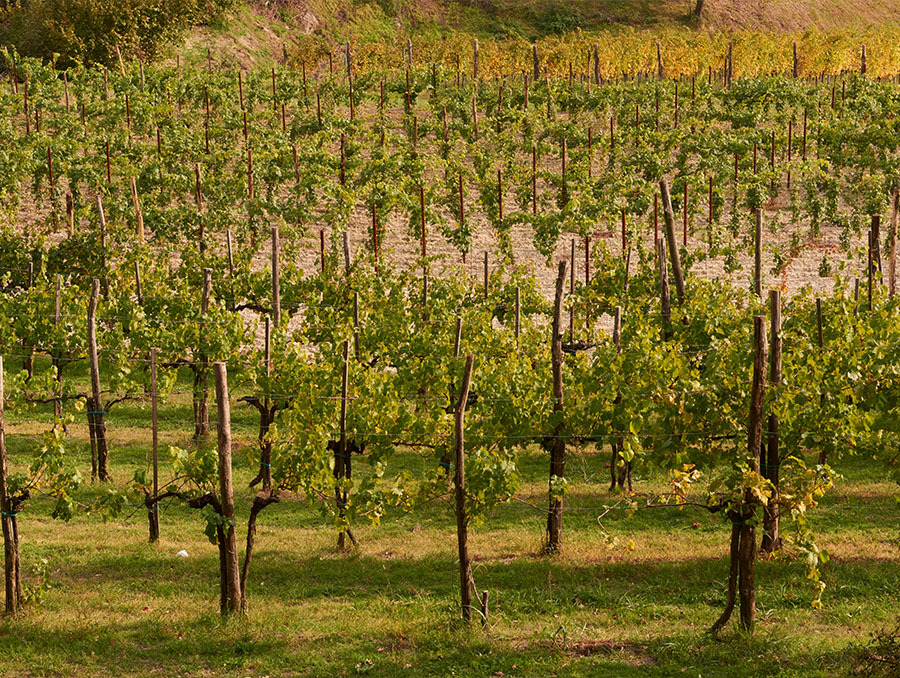 Forgotten grape varieties can become agronomic solutions in the present
Forgotten grape varieties can become agronomic solutions in the present
Taking part to a project curated by Severina Cancellier, we reintroduced the cultivation of grapes such as Pinella, Pedevenda, Marzemina Bianca, Corbinella, Pattaresca, Cavarara... The intention was to support a 'diffuse collection' that would ensure protection of the ampelographic heritage. Over time, we became aware that some of these minor grape varieties, abandoned because they were unprofitable or problematic, would become important resources for the agronomic challenges of the future.
- 4.
Ampelographic collection of Muscats
A vineyard-collection to study Muscat: some 70 clones from all over Europe. A vineyard-collection to study Muscat: some 70 clones from all over Europe.
A vineyard-collection to study Muscat: some 70 clones from all over Europe.
In 2007, with the help of Attilio Scienza, we planted an experimental Moscati vineyard, retrieving some seventy biotypes and clones from all over Europe. The intention was to study the variety and cope with the climate change that was already evident. Over time, we identified two clones of Moscato Bianco that, mixed with mass selections taken from our older vineyards, allowed us to achieve greater balance and complexity in the newly planted vineyards.
